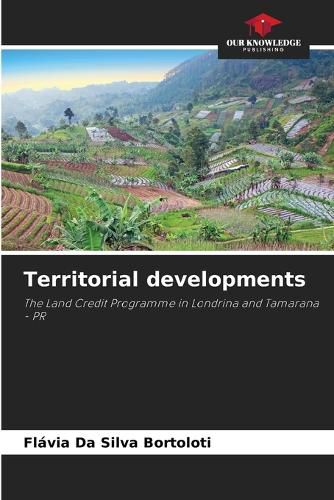Readings Newsletter
Become a Readings Member to make your shopping experience even easier.
Sign in or sign up for free!
You’re not far away from qualifying for FREE standard shipping within Australia
You’ve qualified for FREE standard shipping within Australia
The cart is loading…






We propose to examine the way in which land reorganisation takes place, through the actions undertaken by agents of national and international capital with the backing of the Brazilian state; which act on the land structure not with the intention of changing it, but rather to make it even more concentrated and inaccessible to thousands of workers in the struggle for land, always acting where there is tension, in an attempt to destructure social movements and historical struggles for access to land, thus transforming agrarian reform from a social and economic problem into a market issue, through programmes that favour the purchase and financing of land, to the detriment of expropriation and redistribution. Here we combine two scales of analysis: the one that focuses on the general implications of the Brazilian agrarian question and that of Banco da Terra in the country's land system, in order to position the debate from an empirically based investigation: the Banco da Terra groups in Londrina and Tamarana.
$9.00 standard shipping within Australia
FREE standard shipping within Australia for orders over $100.00
Express & International shipping calculated at checkout
We propose to examine the way in which land reorganisation takes place, through the actions undertaken by agents of national and international capital with the backing of the Brazilian state; which act on the land structure not with the intention of changing it, but rather to make it even more concentrated and inaccessible to thousands of workers in the struggle for land, always acting where there is tension, in an attempt to destructure social movements and historical struggles for access to land, thus transforming agrarian reform from a social and economic problem into a market issue, through programmes that favour the purchase and financing of land, to the detriment of expropriation and redistribution. Here we combine two scales of analysis: the one that focuses on the general implications of the Brazilian agrarian question and that of Banco da Terra in the country's land system, in order to position the debate from an empirically based investigation: the Banco da Terra groups in Londrina and Tamarana.